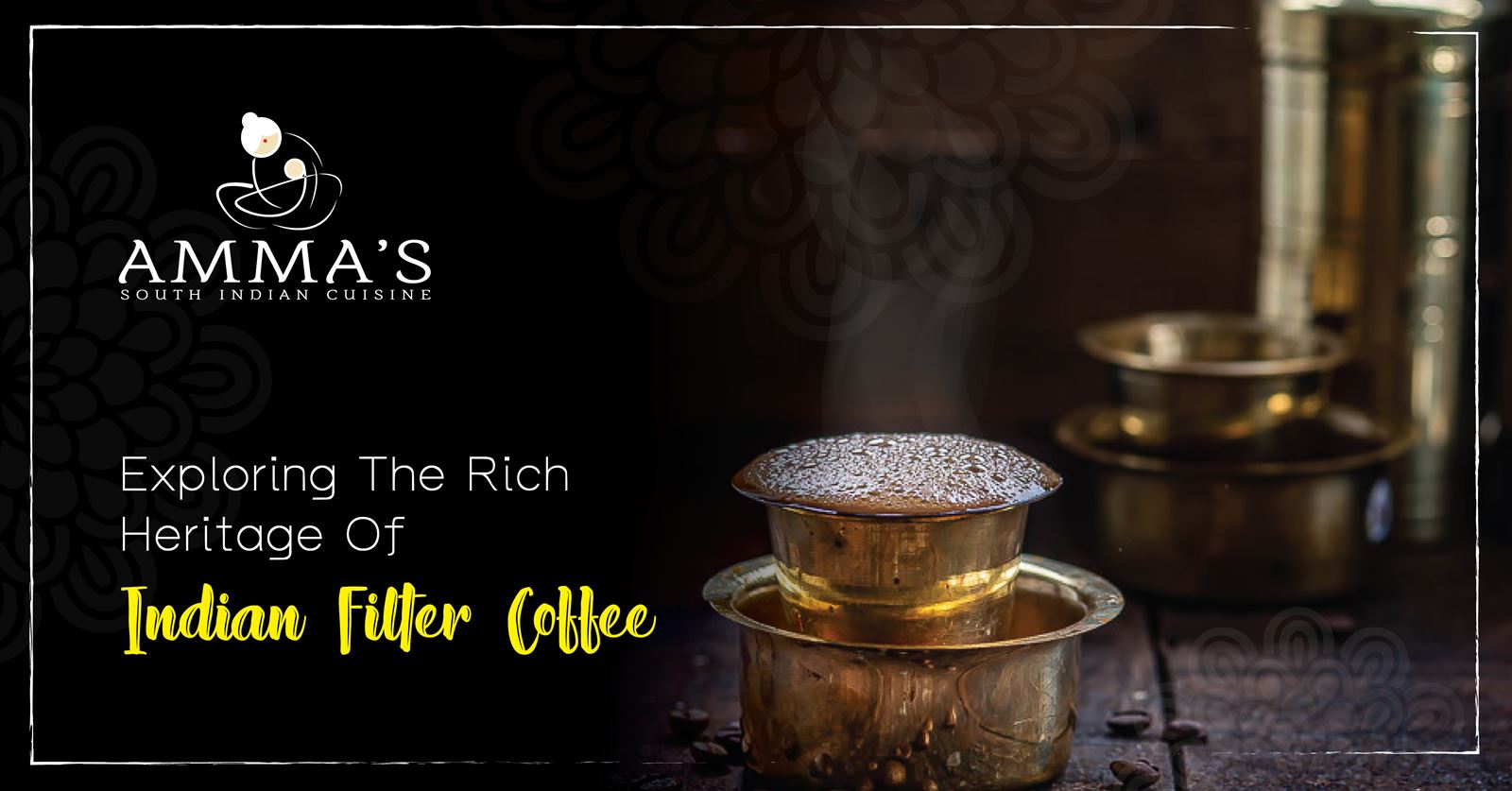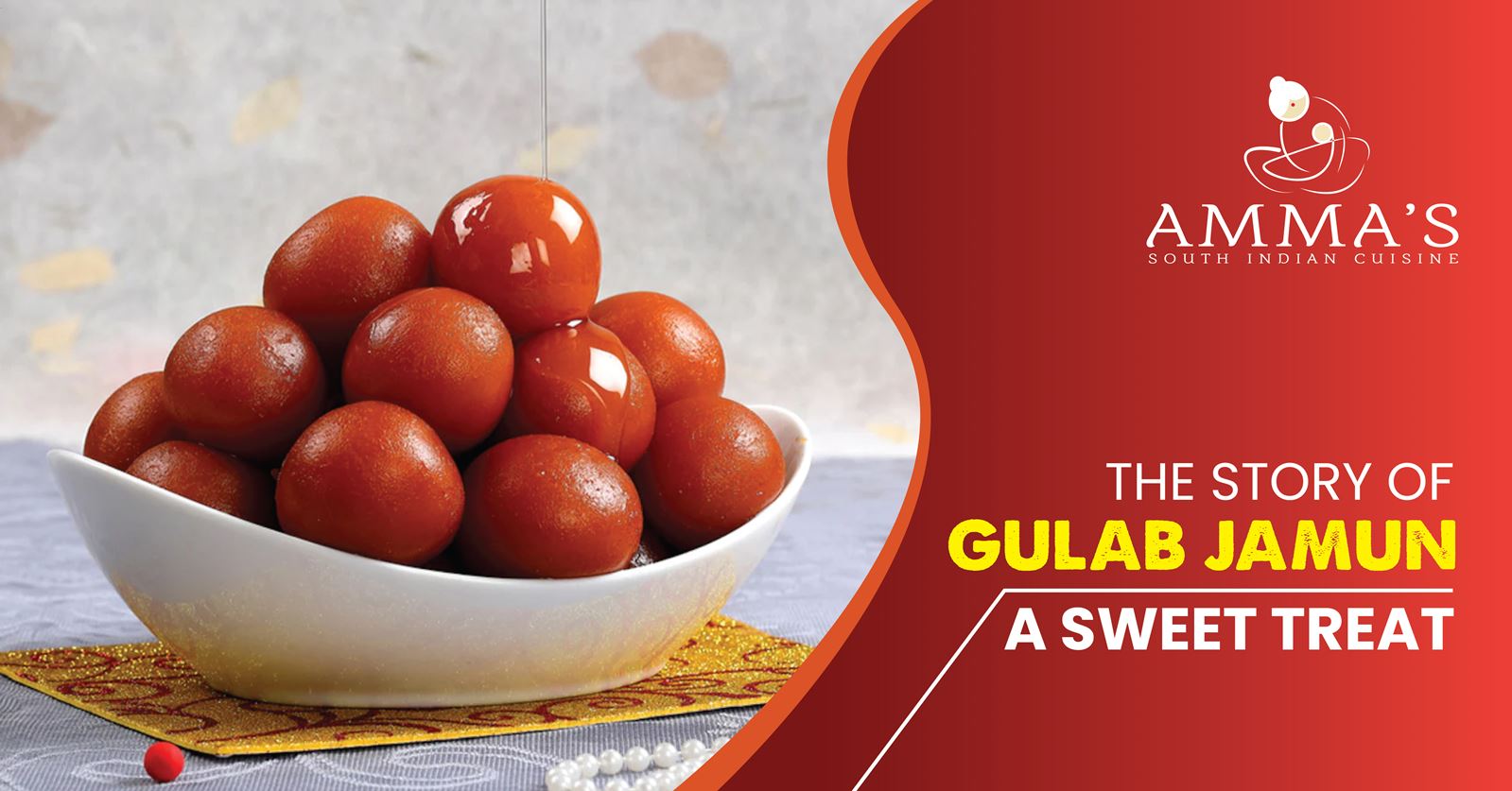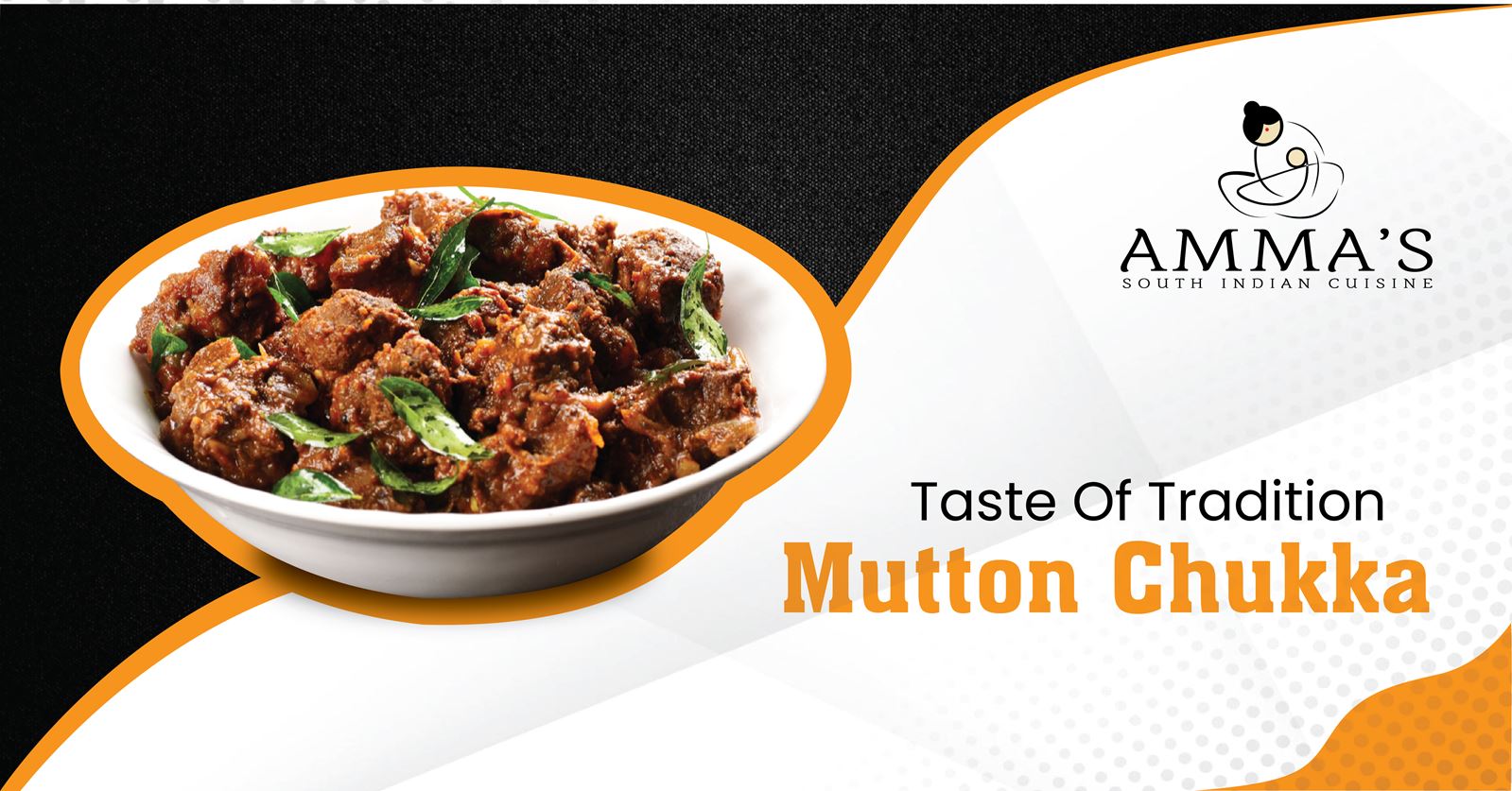
EXPLORING THE RICH HERITAGE OF INDIAN FILTER COFFEE
Indian filter coffee, known as “Kaapi,” holds a significant place in the cultural fabric of South India. Its origins are steeped in history, with legends tracing back to the 16th century when Baba Budan smuggled seven coffee beans from Mocha, Yemen, to Chikmagalur in Karnataka. Today, Indian filter coffee is celebrated not only for its rich flavor but also for its cultural significance.
The process of brewing Indian filter coffee is a meticulous art that has been passed down through generations. It starts with a distinctive blend of Arabica and Robusta beans sourced from the coffee plantations of South India. These beans are roasted, ground, and blended with chicory roots, adding a unique bitterness and aroma to the coffee.
What sets Indian filter coffee apart is its brewing method. Using a traditional Indian filter, finely ground coffee is percolated to produce a rich and flavorful decoction. This decoction is then mixed with hot milk and sugar to create the perfect cup of coffee.
The ritual of pouring the coffee back and forth between a tumbler and a small saucer called “dabara” is integral to the experience of drinking Indian filter coffee. This process not only enhances the flavor but also creates a frothy top, adding to the sensory pleasure of the beverage.
Indian filter coffee is known by various names depending on the region and cultural context. Whether it’s called “Degree coffee,” “Mysore coffee,” or “Madras coffee,” each name reflects the unique heritage and traditions associated with this beloved beverage.
Outside India, Indian filter coffee is fondly referred to as Filter Kaapi. It evokes nostalgia for those who grew up waking up to its distinctive aroma, reminding them of childhood memories and family traditions.
The traditional South Indian coffee filter, made of stainless steel or brass, is a simple yet ingenious contraption. With two cylindrical compartments and a plunger, it allows for the perfect brewing of coffee without the need for electricity or paper filters.
In South Indian households, the aroma of freshly brewed filter coffee marks the beginning of the day. Whether enjoyed alone or with family and friends, Indian filter coffee is not just a beverage but a cherished tradition that brings people together.
In conclusion, Indian filter coffee is more than just a drink; it’s a reflection of South India’s rich cultural heritage and culinary traditions. Enjoy the rich flavor and timeless appeal of filter coffee at Amma’s South Indian Restaurant.




